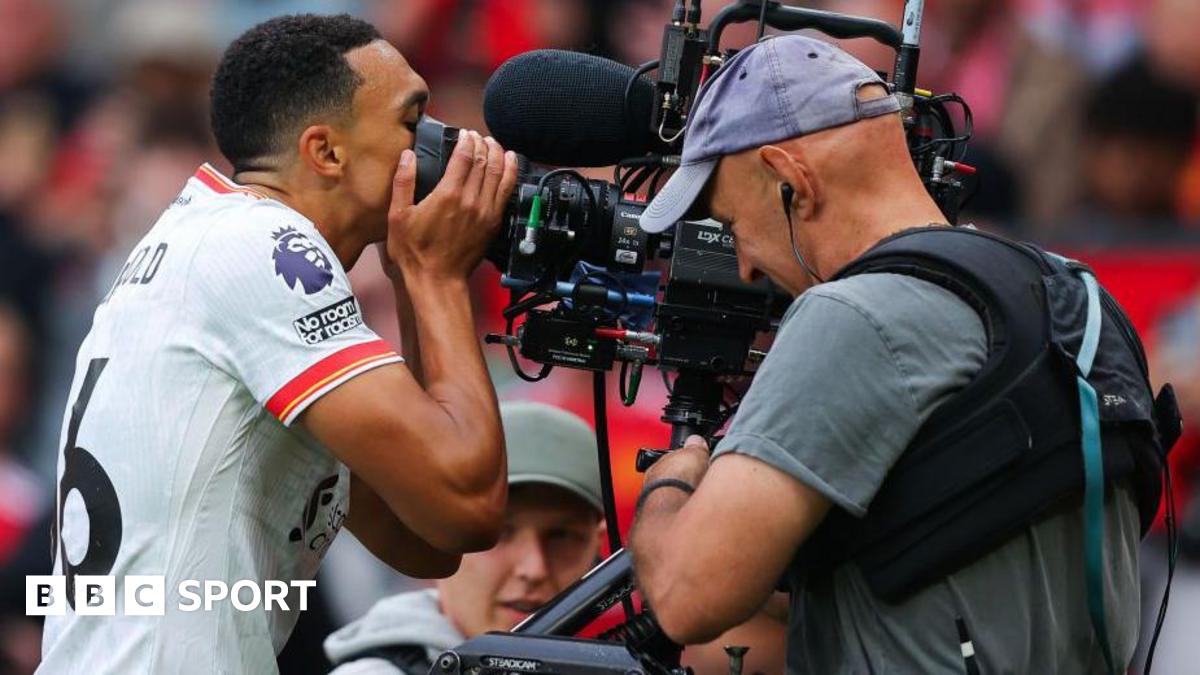
The media rights landscape is certainly more complicated than it may appear on the surface. Late last year, the Premier League announced the largest sports rights deal ever concluded in the UK – a record domestic TV agreement worth £6.7bn for the 2025-29 cycle, an increase of 4%.
However, because this will be spread over four years, rather than the traditional three, it will actually generate less each year (£1.67bn) than in the cycle that ran from 2016 to 2019 (£1.71bn). And because up to 100 more games will be broadcast live each year, the £6m earned per live TV match from next season will be far less than the £10m for 2016-19, when just 168 matches were shown.
The fact that even the Premier League will be earning less from its domestic media rights per match – and per season – than a decade ago seems to reinforce the sense of a competition that – having been around for more than 30 years – may have reached full maturity.
Amazon did not bid to keep hold of its single Premier League package for the next cycle, preferring to focus on Champions League rights. The clubs’ hopes that dominant partners Sky and TNT would face serious competition from streaming services, driving up the value of the rights, failed to materialise. Add in other economic and lifestyle factors, such as the cost of living and illegal streaming, and the environment appears challenging.
Perhaps this helps explain why some senior figures in the English club game are reportedly applying renewed pressure for the current Saturday 3pm TV blackout to be scrapped, external in future.
Article 48 of the Football Association rulebook – which blocks any live football from being broadcast between 2.45pm and 5.15pm – is there to protect attendances throughout the pyramid, but freeing up the 110 Premier League matches per season that will remain locked behind the blackout from next season would allow clubs to make significantly more money from the sale of their media rights.
“We completed our domestic TV rights deals only recently, taking us to the end of the 2028-29 season, and so the ink is barely dry on those arrangements,” the Premier League told BBC Sport, when asked what the future held for the 3pm blackout.
“As part of our next set of agreements, we have significantly increased the number of games broadcast and our priority is to fully assess how these new arrangements work out before considering what we do thereafter.
“These agreements, starting next season, reaffirm the Premier League’s support of Article 48, as a way of protecting grassroots participation and attendance across all leagues. Anything beyond that is speculation at this stage.”



